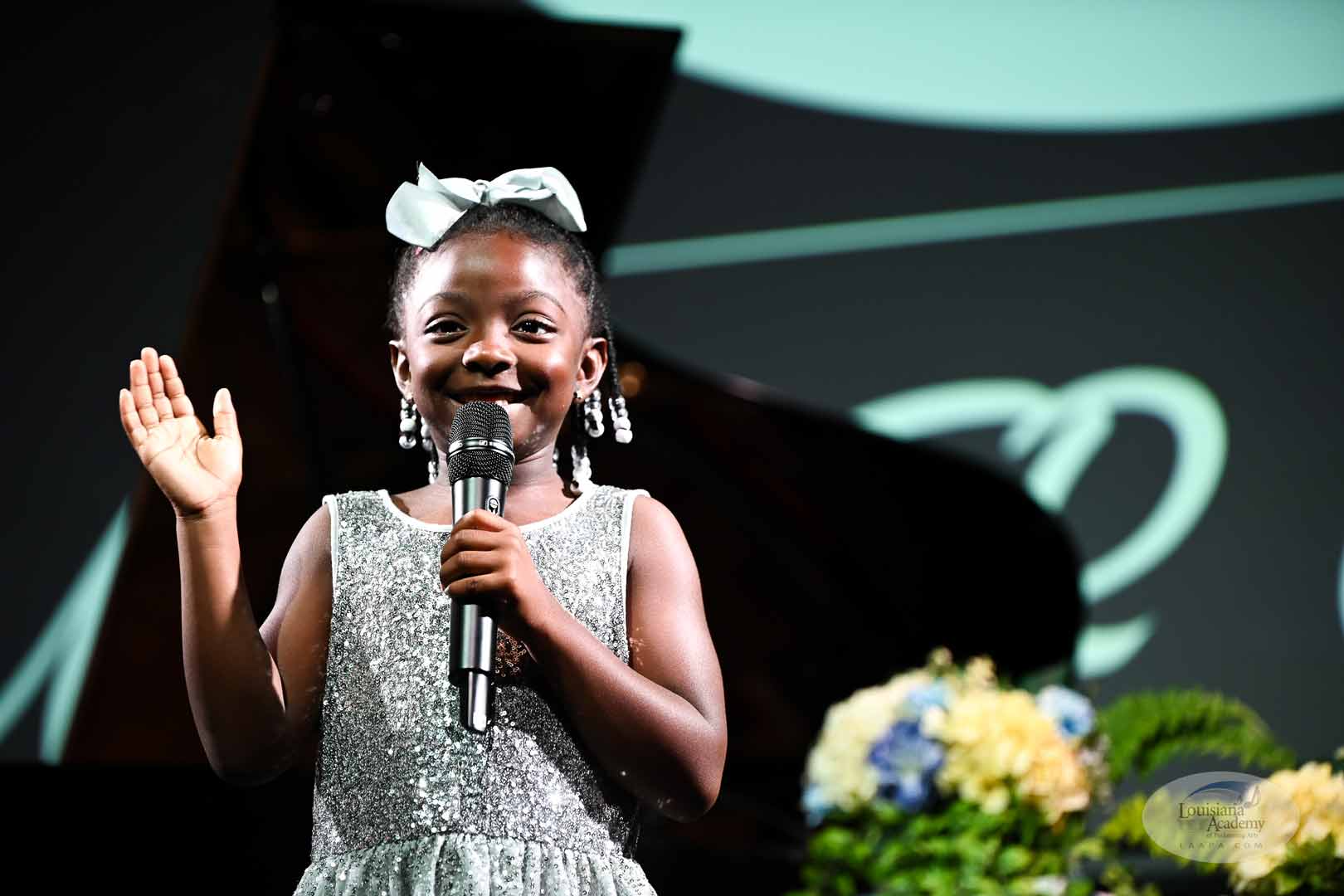Music instruction can be found in many places, but very few environments cultivate growth, creativity, and a sense of belonging simultaneously. At the Louisiana Academy of Performing Arts (LAAPA) in Mandeville, students receive more than just the basics of playing an instrument or improving vocal techniques—they enter a place where music becomes a shared language and community becomes an integral part of the learning process. Through a warm and encouraging atmosphere, diverse lesson offerings, and ongoing support for personal expression, the academy shapes more than musicians—it nurtures human connection and long-lasting relationships. We will explore how this approach transforms music education into a lifelong experience of growth, unity, and emotional enrichment.
A Culture of Belonging That Starts With Connection
From the very first interaction, students find themselves welcomed into a community that values connection just as much as technical learning. It’s not uncommon for families to remark on how quickly they felt at home within the school’s environment. The initial lesson isn’t just a musical evaluation—it’s an opportunity to learn about the individual behind the instrument: their goals, fears, past experiences, and what music truly means to them. Teachers at the academy don’t simply pass on knowledge; they invest time in understanding each student’s learning style, interests, and pace. This attentiveness creates a foundation for trust and comfort, making each lesson something students look forward to rather than another obligation. In many traditional music settings, the experience can feel transactional.
However, at the Louisiana Academy of Performing Arts – Mandeville of Mandeville, students are engaged in a dialogue where their voices matter. Teachers become mentors, peers become friends, and lessons transform into moments of self-discovery. The culture of support extends beyond the student to the entire family, with parents and guardians often included in events and communications. This multi-layered inclusivity sets the tone for an environment where music learning feels less like a task and more like joining a community.
More Than Scales and Scores—A Journey of Expression
Many music academies place a strong emphasis on technical drills, standard repertoire, and performance goals. While those elements are undoubtedly important, LAAPA takes things a step further by emphasizing personal expression and artistic voice. Students are encouraged to explore different genres, develop their musical arrangements, and even compose original works. There’s no pressure to conform to a single style or outcome. Instead, the emphasis lies in helping each student discover their unique musical identity. This philosophy is especially important for young learners, who are in the early stages of forming not only their skills but also their confidence. With the guidance of instructors who genuinely care about individual progress, students often feel more open to taking creative risks.
Whether someone is learning jazz piano, classical violin, or modern voice performance, they are supported in bringing their personality into the music. This freedom promotes not only musical competence but a stronger sense of self. The academy creates opportunities—such as student showcases and recording projects—where students can share their artistry with others in a meaningful way. This elevates the experience from practicing alone to performing as part of a musical family that celebrates individual growth and group support.
Teacher-Student Relationships That Go Beyond the Classroom
A defining feature of the academy is the lasting and genuine nature of the relationships between instructors and students. It’s not uncommon for students to remain with the same teacher for several years, progressing from beginner to advanced levels under consistent, trusted guidance. These relationships go beyond instruction—they’re about mentorship, motivation, and genuine care. Teachers often attend students’ public performances, support them in competitions, and even write recommendation letters for college applications. Such continuity helps students not only improve their musical abilities but also navigate life milestones with a trusted adult in their corner. The sense of commitment and stability this provides is difficult to replicate in one-size-fits-all music programs.
Additionally, many instructors are also active performers and composers, bringing real-world experience to their teaching and providing students with insight into how music functions outside the classroom. While the academy offers professional instruction, it’s the relationships behind those lessons that leave a lasting impact. Over time, students begin to see their teachers not just as educators, but as supporters in their artistic journey. This bond is what elevates the school from an ordinary academy to something that feels more like a second home.
In a world where education can often feel rushed and impersonal, finding a place that values connection, expression, and a sense of belonging is a rare gift. LAAPA in Mandeville offers this gift through its approach to music, viewing it as both a skill and a shared human experience. By focusing on relationships, emotional growth, and community support, the academy does more than teach scales or techniques—it builds confidence, nurtures creativity, and brings people together through a common love of music. Whether a student is young or old, beginner or advanced, the feeling of being part of a music family is what truly defines their time here. That feeling lasts well beyond the final note of any lesson, recital, or composition. It becomes part of who they are and how they connect with the world around them.


